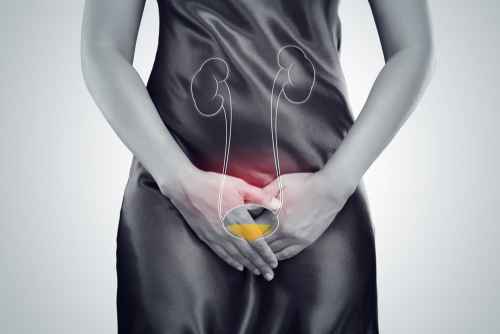Women with endometriosis have nearly four times the risk of developing bladder pain syndrome/interstitial cystitis (BPS/IC), a population-based study in Taiwan found.
The study, “Endometriosis increased the risk of bladder pain syndrome/interstitial cystitis: A population-based study,” appeared in the journal Neurology and Urodynamics.
BPS/IC, a chronic pain syndrome whose cause is unknown, is characterized by pelvic pain that may be accompanied by lower urinary tract symptoms, such as urgency to urinate and increased urinary frequency, even at nighttime.
Treatment of this bladder disorder can be challenging, and no strategy works the same for everyone. Most therapies focus on symptom management, with patients trying different combinations of therapeutic options and behavioral modifications to find relief.
“BPS/IC affects the quality of life of patients, and early detection and intervention might lead to better treatment results,” the study’s co-author, Shiu-Dong Chung, MD, PhD, from the Far Eastern Memorial Hospital in Taipei, Taiwan, said in a news release. “This study reminds patients and physicians that endometriosis might be associated with BPS/IC.”
The study included data from the Longitudinal Health Insurance Database, which compiles medical records for the Taiwan National Health Insurance program. Researchers compared the records of 9,191 women diagnosed with endometriosis to those of 27,573 people without endometriosis.
Data from three years of follow-up showed that BPS/IC was diagnosed in 0.2% of endometriosis patients and in only 0.05% of control subjects. These results showed that women with endometriosis are 4.4 times more likely to develop BPS/IC than the general population.
When researchers considered secondary diseases that could influence the disorder’s development — such as diabetes, coronary heart disease, obesity, chronic pelvic pain, fibromyalgia, and others — the risk was of 3.7 times greater in women with endometriosis than those without it.
These results suggest an association between endometriosis and BPS/IC, but scientists aren’t yet certain of the underlying mechanisms of this link. Additional studies are needed to provide more answers, the study’s authors acknowledged.
“We suggest that clinical practitioners treating subjects with endometriosis be alert for urinary complaints in these patient groups,” they recommended.

